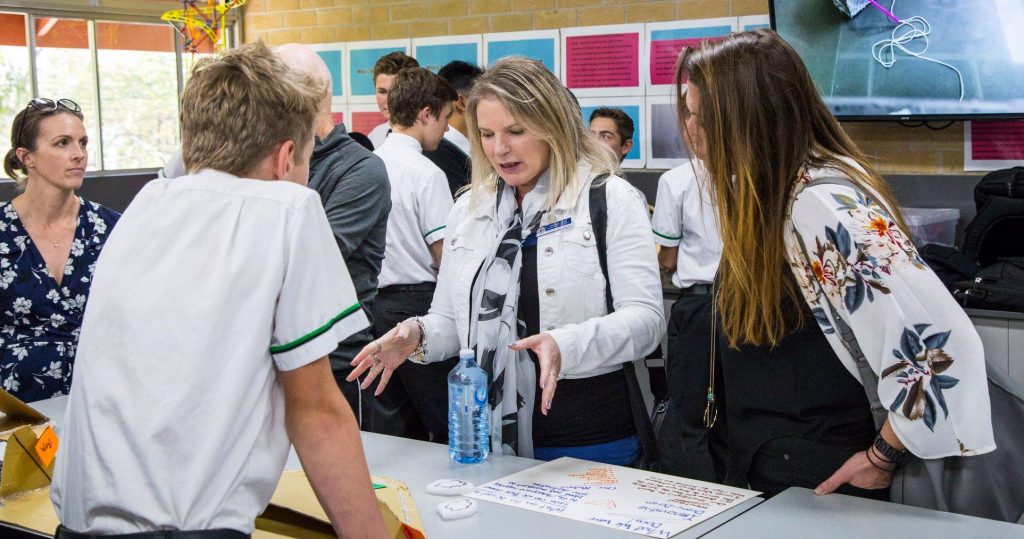As the Leader of a Learning Institution, it is common as a Principal to be naturally curious about how teachers and students are facilitating learning. In previous decades the community could believe that teachers delivered learning and students received the learning. We know that in a contemporary world which calls for and crafts a different type of citizen, that learning is more diverse, rich and complex.
There is a massive resurgence of experiential pedagogies such as Project Based Learning, Phenomenon Based Learning, Inquiry Learning etc driving appropriate success for the contemporary learner. So what supporting scaffolds are there for the naturally curious Principal? With the application of experiential pedagogies within innovative learning environments to help drive not only academic success but also the rich development of contemporary soft skills, the Principal is able to ask deeper probing questions.
A question to a student or teacher in the past may have been something like “What are you learning?” or “What are you teaching?”
Experiential pedagogies today in schools calls for Academic Rigor, Authenticity, Applied Learning, Active Exploration, Adult Connections and contemporary Assessment Practices.
The learning landscape is also calling for schools to richly develop contemporary soft-skills such as Deep Empathy ,Embracing Failure, Co-working, Critical Thinking, Collaboration, Self-Directed Learning, Innovative thought, Entrepreneurial engagement, Curiosity, Growth mindset, Social Responsibility, Resilience, Grit
Therefore questions to students could now include some of the following:
- Why are you learning this?
- What have you discovered during your current learning at school?
- How is what you are learning going to help others?
- What do you need to do to improve?
- Have you come up with any new ideas?
- How are you going to share/show your learning to the community?
Questions to teachers could include some of the following:
- Why is this work important?
- What is the provocation and some of the deep questions
- What makes this work authentic?
- Which soft skills does this learning address and how will you assess them?
- How might students and teachers engage in deep inquiry and diverse thinking through this project?
- Where will the project live after the exhibition is over?
- How are students included in the project planning processes?
- How are parents invited into the various processes of the project?
- How are community members or experts used in planning, critique or revision of student work?
- How might students, parents, community members and experts be included in assessment?
- How will struggling students access this work?
- How will all students find moments of challenge in this work?
- How are meaningful connections created for all students with peers, experts and teachers?
- What are different ways in which students may shine in this project?
- How are opportunities created for students and teachers to collect their thoughts about their work?
- How does this project foster collegial relationships designed to help students and teachers meditate on their experiences?
- How might reflections be incorporated in assessment?
- How are reflections incorporated in the thoughtful development of deliberate practice?
Derek Bartels
Director, Innovation and Technology
Acknowledgements:
Jaimee Rojas – High Tech High Learning Leader
Real Learning, Real Work, by Adria Steinberg Routledge

